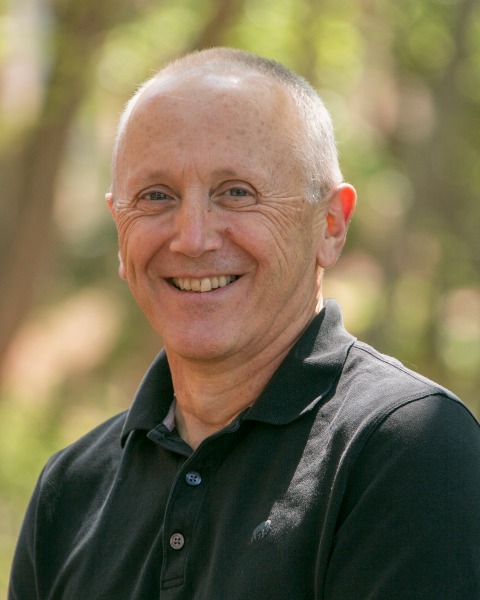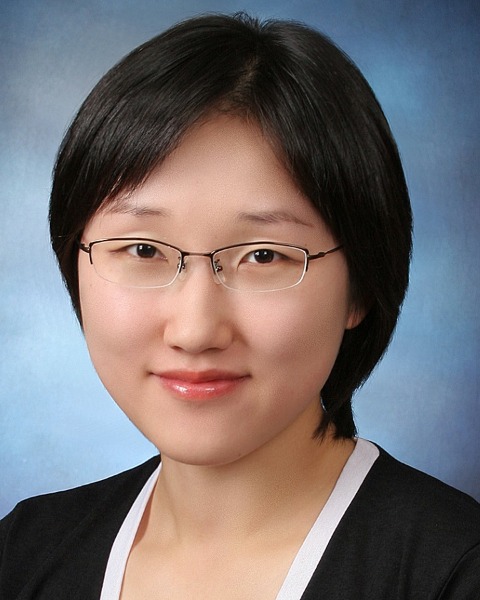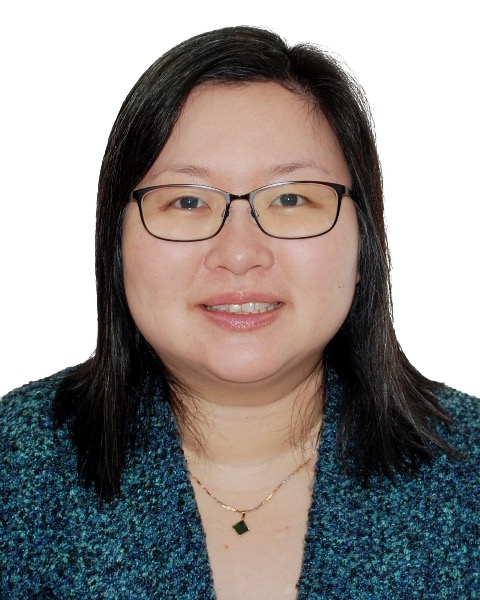Program Area: Behavioral and Social Sciences
Why Looking at the Future? From Psychological to Contextual Motivators
-
YK
Yaeji Kim-Knauss, MA
Doctoral Student
Institute of Psychogerontology
Friedrich-Alexander University Erlangen-Nuremberg
Nuremberg, Bayern, Germany -
FL
Frieder Lang, PhD
Professor
Institute of Psychogerontology
Friedrich-Alexander-Universität Erlangen-Nürnberg
Nürnberg, Bayern, Germany -
CH
Christiane Hoppmann, PhD
Professor
Psychology
University of British Columbia
Vancouver, British Columbia, Canada -
YK
Yaeji Kim-Knauss, MA
Doctoral Student
Institute of Psychogerontology
Friedrich-Alexander University Erlangen-Nuremberg
Nuremberg, Bayern, Germany -

Thomas Hess, PhD
Distinguished Professor Emeritus
North Carolina State University
Raleigh, North Carolina, United States -

Jeongsoo Park, PhD
Assistant Professor
Psychology
Ajou University
Suwon-si, Kyonggi-do, Republic of Korea -

Helene Fung, PhD
Professor
Psychology
The Chinese University of Hong Kong
Hong Kong, Hong Kong -
FR
Fiona Rupprecht, PhD
Post-Doctoral Researcher
Institute of Developmental and Educational Psychology
University of Vienna
Vienna, Wien, Austria
Chair(s)
Co-Chair(s)
Discussant(s)
Individual Symposium Abstract First Author(s)
Human beings can represent future events, anticipate future consequences, and act in light of those representations to achieve the most favorable outcomes in the future. Although future-oriented thoughts or behaviors concern distant and delayed rewards than the present and instant ones, their roles in people’s well-being and successful aging have been well-reported. Therefore, what motivates or differentiates such future-oriented thoughts and behaviors has been a central focus in developmental psychology. With a particular interest in future-oriented phenomena regarding age and aging, we look at the roles of psychological or contextual factors that drive views on aging and old-age preparation. Cohn-Schwartz et al. examine how having contacts with older adults benefits self-views on aging via changes in aging stereotypes. Park & Hess explore how importance attached to functioning and perceived control over functioning in different domains predict old-age preparation and compare patterns across different age groups. Fung et al. propose that perceived control, self-relevance, and responsibility for old-age preparation could mediate the well-reported cultural differences in old-age preparation. Rupprecht et al. investigate the adaptivity of approach and avoidance motivation in old-age preparation across different life domains, cultures, and age groups. Kim-Knauss & Lang looks at how the experience of social restrictions during the pandemic functions as a ‘wake-up call’ and thus induces people to engage in old-age preparation. Taken together, we suggest that various psychological appraisals and contexts shape future-oriented thoughts and behaviors, but these may vary across cultures, age groups, and target domains.
Learning Objectives:
- learn about the psychological factors that differentiate self-views on aging and old-age preparation
- learn about the contextual factors that differentiate self-views on aging and old-age preparation
- learn about domain-, culture-, and age-specific patterns in these associations
Presentations:
-
12:00 PM – 1:30 PM ETPandemic-Related Social Restrictions Increased the Urgency and Engagement in Old-Age Preparation
Individual Symposium Abstract First Author: Yaeji Kim-Knauss, MA – Friedrich-Alexander University Erlangen-Nuremberg
-
12:00 PM – 1:30 PM ETBeneficial Effects of Contact with Older Adults for Age Stereotypes and Self-Views of Aging
Individual Symposium Abstract First Author: Thomas M. Hess, PhD – North Carolina State University
-
12:00 PM – 1:30 PM ETSelective Engagement in Preparations for Old Age: Determinants of Motivation
Individual Symposium Abstract First Author: Jeongsoo Park, PhD – Ajou University
-
12:00 PM – 1:30 PM ETRelevant Yet Uncontrollable: Perceived Control as a Mediator of Cross-Cultural Differences in Old-Age Preparation
Individual Symposium Abstract First Author: Helene H. Fung, PhD – The Chinese University of Hong Kong
-
12:00 PM – 1:30 PM ETPreparing for a Golden Age? Approach and Avoidance Motivation in the Context of Old-Age Preparation
Individual Symposium Abstract First Author: Fiona S. Rupprecht, PhD – University of Vienna
